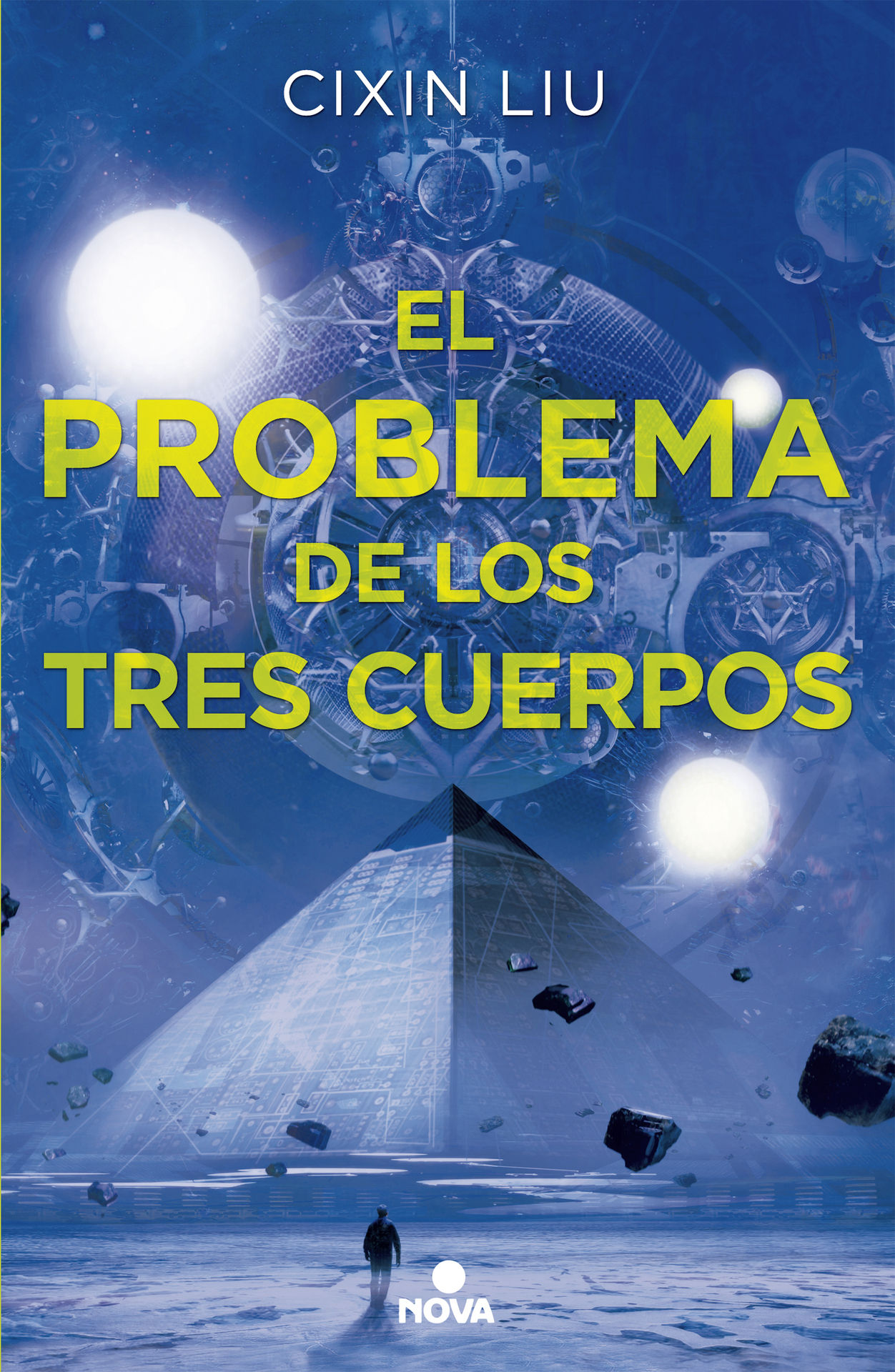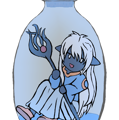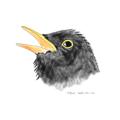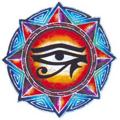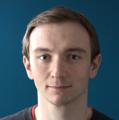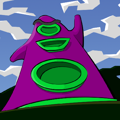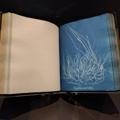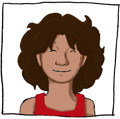zemoko reviewed Le problème à trois corps by Cixin Liu
J‘ai trouvé ma lecture passionnante, et palpitante, mais j‘ai quand même quelques réserves
4 stars
« Le problème à trois corps » est trilogie de SF chinoise, voire de hard-SF. En 2021, le roman avait déjà une belle renommée car il avait obtenu le prix Hugo (en 2015) et que Barack Obama en avait fait l‘éloge public. Comme j‘écris ma chronique avec 3 ans de retard, je peux ajouter qu‘elle a encore gagnée en visibilité cette année, puisqu‘elle a été adaptée en série par Netflix !
- En Chine, la Révolution culturelle bat son plein. Ye Wenjie est une jeune astrophysicienne dont le père, également éminent scientifique, a été accusé d’être contre-révolutionnaire, et exécuté sous ses yeux. Elle refuse de le condamner et est envoyée en camps de rééducation… bref, révolution culturelle et fort passif pour Ye Wenjie, vous voyez le truc. Puis, ses compétences étant reconnues, elle sera finalement affecté à la base secrète de Côte-Rouge pour participer à un mystérieux projet…
40 ans plus …
« Le problème à trois corps » est trilogie de SF chinoise, voire de hard-SF. En 2021, le roman avait déjà une belle renommée car il avait obtenu le prix Hugo (en 2015) et que Barack Obama en avait fait l‘éloge public. Comme j‘écris ma chronique avec 3 ans de retard, je peux ajouter qu‘elle a encore gagnée en visibilité cette année, puisqu‘elle a été adaptée en série par Netflix !
- En Chine, la Révolution culturelle bat son plein. Ye Wenjie est une jeune astrophysicienne dont le père, également éminent scientifique, a été accusé d’être contre-révolutionnaire, et exécuté sous ses yeux. Elle refuse de le condamner et est envoyée en camps de rééducation… bref, révolution culturelle et fort passif pour Ye Wenjie, vous voyez le truc. Puis, ses compétences étant reconnues, elle sera finalement affecté à la base secrète de Côte-Rouge pour participer à un mystérieux projet…
40 ans plus tard, alors qu’une étrange vague de suicides frappe la communauté scientifique internationale. Wang Miao, un scientifique expert en nano-technologies, se voit confronté à d’étranges phénomènes qu’il va rapidement relier à un nouveau, et mystérieux, jeu de réalité virtuelle.
J‘ai trouvé ma lecture passionnante, et palpitante, mais j‘ai quand même quelques réserves. Le livre est complexe, ce qui est assez naturel pour un roman de hard-science, mais je l’ai aussi parfois trouvé confus. Si les aspects scientifiques sont (vraiment) bien traités, les personnages, eux, ne sont pas assez développés. À l’exception notable de Ye Wentje, et peut-être de Shi Qiang, les personnages sont à peine ébauchés et cela m‘a gêné pour apprécier réellement ma lecture.
Je suis néanmoins content de l’avoir lu… mais je n‘était manifestement pas pressé ni d‘écrire à son sujet, ni de lire la suite 😉
